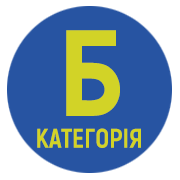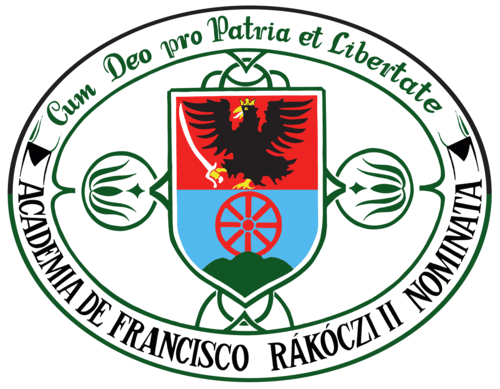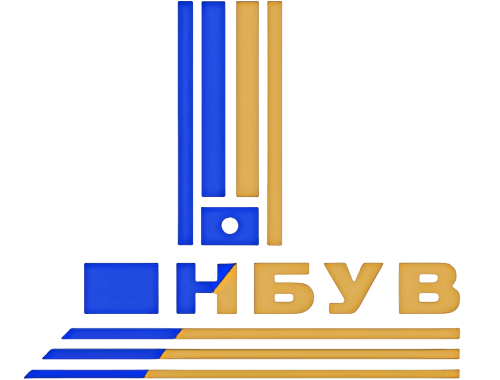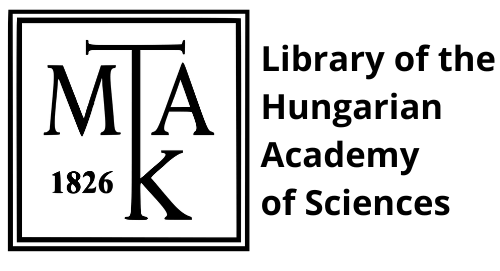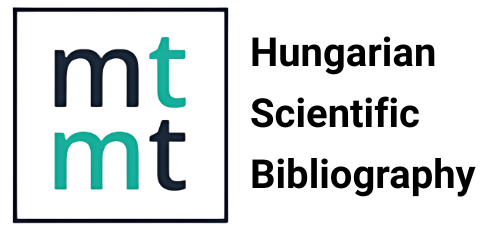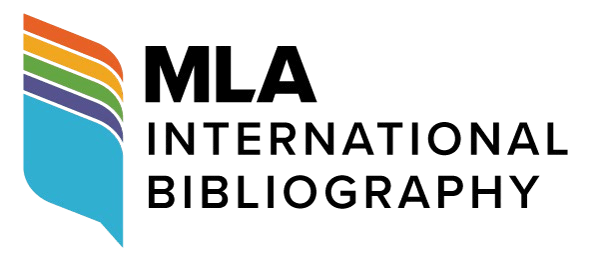Lexical identity and cultural markers in Andriy Lyubka’s novel “Carbide” and its Slovak translation: an attempt at linguistic comparison
DOI:
https://doi.org/10.58423/2786-6726/2025-3-173-184Keywords:
lexical identity, Transcarpathian literature, translation, Slovak language, dialectisms, intercultural communication, contemporary literatureAbstract
The article examines lexical identity and cultural markers as key concepts of modern linguistics and translation studies within the context of intercultural communication. The aim of the study is to explore how lexemes reflecting national and regional identity function in a literary text and how they are transformed in the process of translation into another language. The object of the research is Andriy Lyubka’s novel “Carbide”, which is rich in the local linguistic features of Transcarpathia, as well as its Slovak translation.
The analysis is grounded in theories of linguistics, translation studies, and cultural studies, focusing in particular on the concepts of linguistic and cultural identity, equivalence, and translation adaptation. The paper identifies the main types of lexical and cultural markers in the source text: dialectisms, socially marked vocabulary, cultural realia, ethno-cultural names, authorial neologisms, and play on words. Particular attention is paid to the contextual functioning of these units and to the mechanisms used to render them in the target language.
A comparison between the Ukrainian original and the Slovak translation is carried out, taking into account the strategies of translation and transfer operations. The author analyses how these strategies affect the preservation or loss of semantic richness, stylistic expression, and cultural flavour. Specific examples illustrate both successful translation solutions that preserve the author’s intention and cases of partial loss of cultural marking due to the need to adapt the text to the receptive horizon of the Slovak reader. Instances where the translator resorts to compensation, modification, or complete neutralisation of culturally loaded elements are also examined.
The analysis shows that the translation of “Carbide” generally preserves the main features of the linguistic and cultural identity of the original, although some inevitable changes occur. The translation functions as a form of cultural mediation that not only transmits the text but also reshapes it within a new language system. The study highlights the importance of examining lexical identity and cultural markers for a deeper understanding of interlingual communication and literary translation in a globalised cultural space. It also contributes to a better understanding of the translator’s role as both interpreter and cultural mediator.
References
1. Volchenko, Olha 2022. Vykorystannia adaptyvnykh stratehii u vidtvorenni vlasnykh nazv pid chas audiovizulnoho perekladu [Using adaptive strategies in the reproduction of proper names in audiovisual translation]. Naukovyi visnyk Mizhnarodnoho humanitarnoho universytetu. Seriia: Filolohiia 55: s. 149–152. (In Ukrainian)
2. Lyubka, Andriy 2022. Karbid [Carbide]. Meridian Czernowitz. (In Ukrainian)
3. Nikolaienko, Oleksandra 2013. Kulturno-natsionalna identychnist v konteksti suchasnykh studii kulturnoi pamiati [Cultural and national identity in the context of contemporary studies of cultural memory]. Visnyk Kyivskoho natsionalnoho universytetu imeni Tarasa Shevchenka. Filosofiia. Politolohiia 3: s. 61–63. (In Ukrainian)
4. Polishchuk, Rostyslav 2018. Mova yak chynnyk zberezhennia natsionalno-kulturnoi identychnosti [Language as a factor in preserving national and cultural identity]. Molodyi vchenyi 11/63: s. 740–744. (In Ukrainian)
5. Rebrii, Oleksandr 2012. Suchasni kontseptsii tvorchosti u perekladi [Modern Concepts of Creativity in Translation]. Kharkiv: KhNU imeni V. N. Karazina.
6. Stepyko, Mykhailo 2011. Ukrainska identychnist: fenomen i zasady formuvannia [Ukrainian Identity: Phenomenon and Principles of Formation]. Kyiv: NISD. (In Ukrainian)
7. Yalovenko, Olha – Prokofieva, Maryna – Sabitova, Alla 2022. Kulturnyi kod yak marker identychnosti (na materiali khudozhnikh tvoriv) [Cultural code as a marker of identity (based on works of art)]. Moderní aspekty vědy: XV. Díl mezinárodní kolektivní monografie. Česká republika: Mezinárodní Ekonomický Institut s.r.o., s. 354–370. (In Ukrainian)
8. Andreouli, Eleni – Chryssochoou, Xenia 2015. Social representations of national identity in culturally diverse societies. In: Sammut, Gordon – Andreouli, Eleni – Gaskell, George – Valsiner, Jaan eds. The Cambridge Handbook of Social Representations. Cambridge: Cambridge University Press, pp. 309–322.
9. Ľubka, Andrij 2023. Karbid [Carbide]. Translated by: Valéria Juríčková. Bratislava: N Press. (In Slovak)
Downloads
Published
How to Cite
Issue
Section
License
Copyright (c) 2025 Tetiana Vaidych

This work is licensed under a Creative Commons Attribution 4.0 International License.
Authors retain copyright and grant the journal the right of first publication. The work is simultaneously licensed under a Creative Commons Attribution 4.0 International License (CC BY 4.0), which permits others to share the work with appropriate credit given to the author(s) and the initial publication in this journal.

